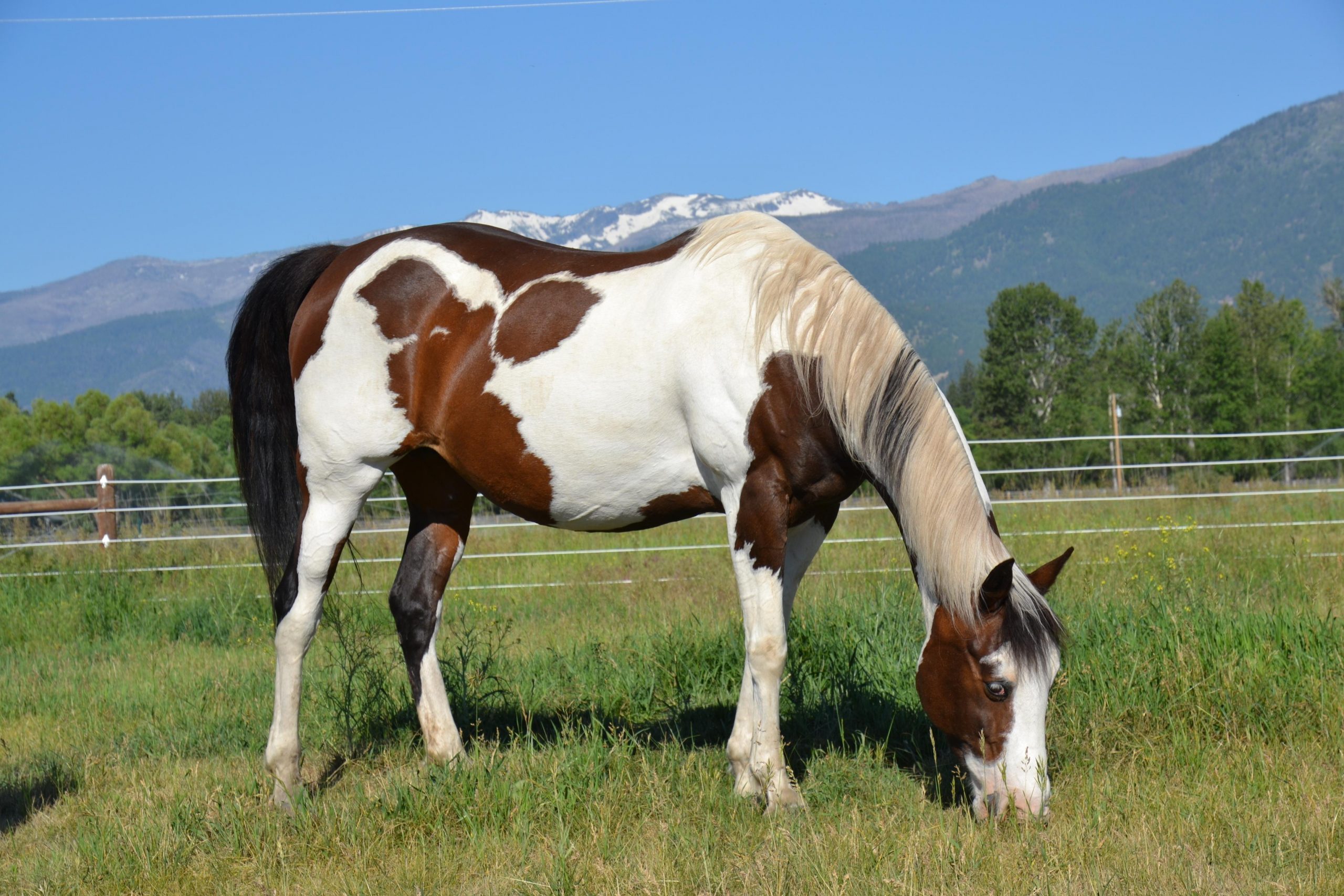
Weekend Wellness: 5 Benefits of Rotational Grazing for Horses
Rotational grazing is recognized as one of the most effective and sustainable ways to manage pastures for livestock — that applies to horses as well. Here are five reasons why rotational grazing can benefit your horses:

Rotational grazing has long been recognized as a sustainable and effective way of pasture management for livestock, and its advantages also apply to horse management. Rotational grazing, with its emphasis on increasing fodder usage while preserving horse health and well-being, has significant advantages over typical continuous grazing systems. In this post, we will look at the benefits of rotational grazing for horses and why it is such an important technique in modern equine management.
1. Increased Forage Quantity and Quality
After each grazing session, pastures can rest and recuperate, boosting the regeneration of nutritious forage. Rotating horses to different grazing sites allows the grass to regenerate, resulting in higher feed quality and productivity. This guarantees that horses have access to a diversified diet with adequate nutrition, which reduces the need for supplemental feed while also increasing general health.
2. Keeping Overgrazing and Soil Erosion at Bay
One of the primary benefits of rotational grazing is that it prevents overgrazing. Continuous grazing systems frequently result in selective grazing, in which horses take the most appetizing plants repeatedly while leaving the less desirable species behind. This selective grazing can cause nutritional imbalances in the horse’s diet as well as pasture deterioration. Rotational grazing alleviates this problem by enabling pastures to fully recover and providing horses with a wide choice of feed.
Rotational grazing also helps to reduce soil erosion. The impact on the land is more equally spread when horses are moved to new grazing sites.decreasing the concentration of hoof traffic in one region. This helps to preserve soil structure, minimizes excessive compaction, and enhances pasture health overall.
3. Parasite Management and Health Management
Internal parasites in horses can be managed effectively by rotational grazing. When horses are relocated to different grazing areas, they leave behind parasite eggs in their poop. Allowing pastures to rest after grazing disturbs parasite life cycles, lowering parasite frequency. It is critical to properly arrange grazing rotations to ensure pastures have a long enough rest interval to successfully stop the parasite cycle.
Furthermore, rotational grazing allows for more in-depth monitoring and control of individual horses’ health. It gets simpler to study horses’ behavior when they are relocated to smaller, more limited places. Examine your body’s state and handle any potential health concerns as soon as possible.

4. Increased Physical Activity and Mental Stimulation
Horses benefit from greater activity and mental stimulation from rotational grazing. Horses naturally engage in increased physical activity as they migrate between grazing sites, improving cardiovascular health and muscular growth. The variety of grazing areas stimulates their natural foraging instincts, decreasing boredom and behavioral issues that might arise from lengthy periods of confinement or repetitive grazing.
5. Environmental Advantages and Long-Term Land Management
Implementing rotational grazing systems helps to promote sustainable land management. The total environmental effect is reduced by rotating horses over different grazing sites. Pastures’ rest and recovery periods allow natural flora to grow, enhancing biodiversity and animal habitats. In addition, well-managed rotational grazing systems reduce the need for chemical fertilizers, reduce nitrogen runoff, and help to enhance overall water quality.
Rotational grazing is a sustainable and successful method of pasture management for horses. This strategy promotes the health and well-being of horses while guaranteeing the long-term productivity of pastures by improving fodder quality and quantity, preventing overgrazing and soil erosion, parasite control, increased exercise, and environmental advantages. Horse owners and managers may build healthier and more sustainable equine management systems that benefit both the animals and the environment by employing rotational grazing techniques. If you need to supplement your horses with hay, consider using this horse hay calculator.




